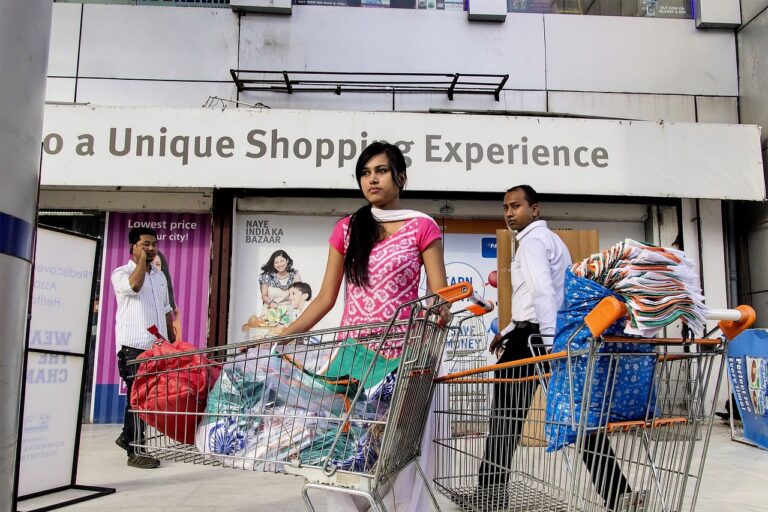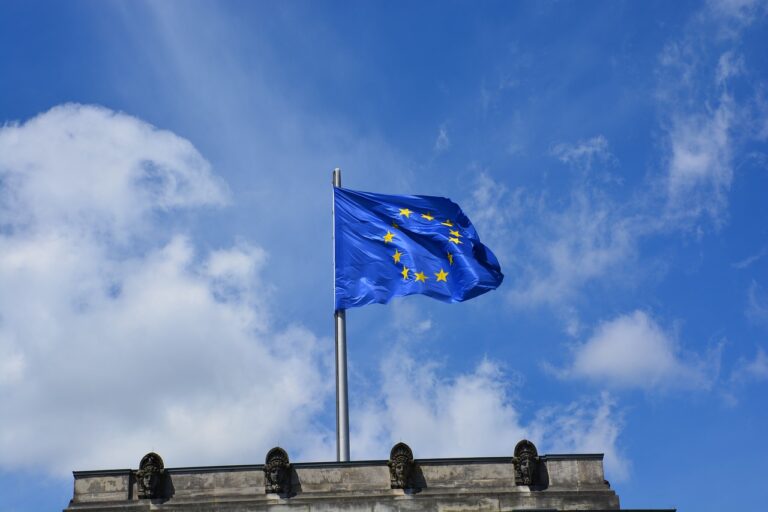Election Observers’ Role in Ensuring Fair Elections
Election observers play a crucial role in upholding the integrity of the electoral process. Their primary responsibility is to monitor and assess the conduct of elections in a fair and impartial manner. Observers are tasked with ensuring that elections adhere to democratic principles and standards.
In addition to monitoring voting procedures, election observers are expected to report any irregularities or violations they witness. This includes ensuring that all eligible voters are able to freely exercise their right to vote without any hindrance or intimidation. By fulfilling their duties diligently, election observers help promote transparency and credibility in the electoral process.
The Importance of Transparency in the Electoral Process
Transparency in the electoral process is a fundamental pillar of democracy. When citizens are able to trust that the electoral process is fair, inclusive, and free from manipulation, they are more likely to participate in choosing their representatives. Transparency also ensures that election outcomes reflect the will of the people, reinforcing the legitimacy of the government.
Additionally, transparency helps to build public confidence in the electoral process and institutions. When election procedures are open and accessible to scrutiny, it becomes easier to detect and address any irregularities or attempts at fraud. This not only strengthens the integrity of the electoral process but also serves to uphold the credibility of elected officials and government institutions.
Monitoring Voter Registration Procedures
When monitoring voter registration procedures, election observers must pay close attention to the process to ensure that it is fair and inclusive. This involves observing the registration sites to check that they are accessible to all eligible voters and that registration officials are following proper procedures without any bias or discrimination. Observers should also verify that registration deadlines are clearly communicated and that all eligible citizens have the opportunity to register without facing any obstacles.
Furthermore, election observers need to document any irregularities or issues they observe during the voter registration process. This documentation may include noting any instances of potential voter suppression, discrepancies in the registration lists, or any attempts to disenfranchise certain groups of voters. By maintaining detailed records of their observations, observers can provide valuable evidence to ensure the integrity of the electoral process and advocate for necessary reforms to improve voter registration procedures.
What are some of the key responsibilities of election observers?
Election observers have the responsibility to ensure that voter registration procedures are conducted fairly and transparently, monitor polling stations on election day, and report any irregularities or violations that they observe.
Why is transparency important in the electoral process?
Transparency in the electoral process ensures that all eligible voters have the opportunity to register and cast their votes without interference or discrimination. It also helps to build trust in the democratic process and uphold the integrity of the election.
How can voter registration procedures be monitored effectively?
Voter registration procedures can be monitored effectively by having trained election observers present at registration centers to ensure that the process is being conducted according to the law. Observers should be vigilant in identifying any potential irregularities or attempts at voter suppression.
What can be done if irregularities are observed during the voter registration process?
If irregularities are observed during the voter registration process, election observers should document their findings and report them to the relevant authorities, such as the electoral commission or local government officials. It is important to address any issues promptly to ensure a fair and transparent electoral process.







